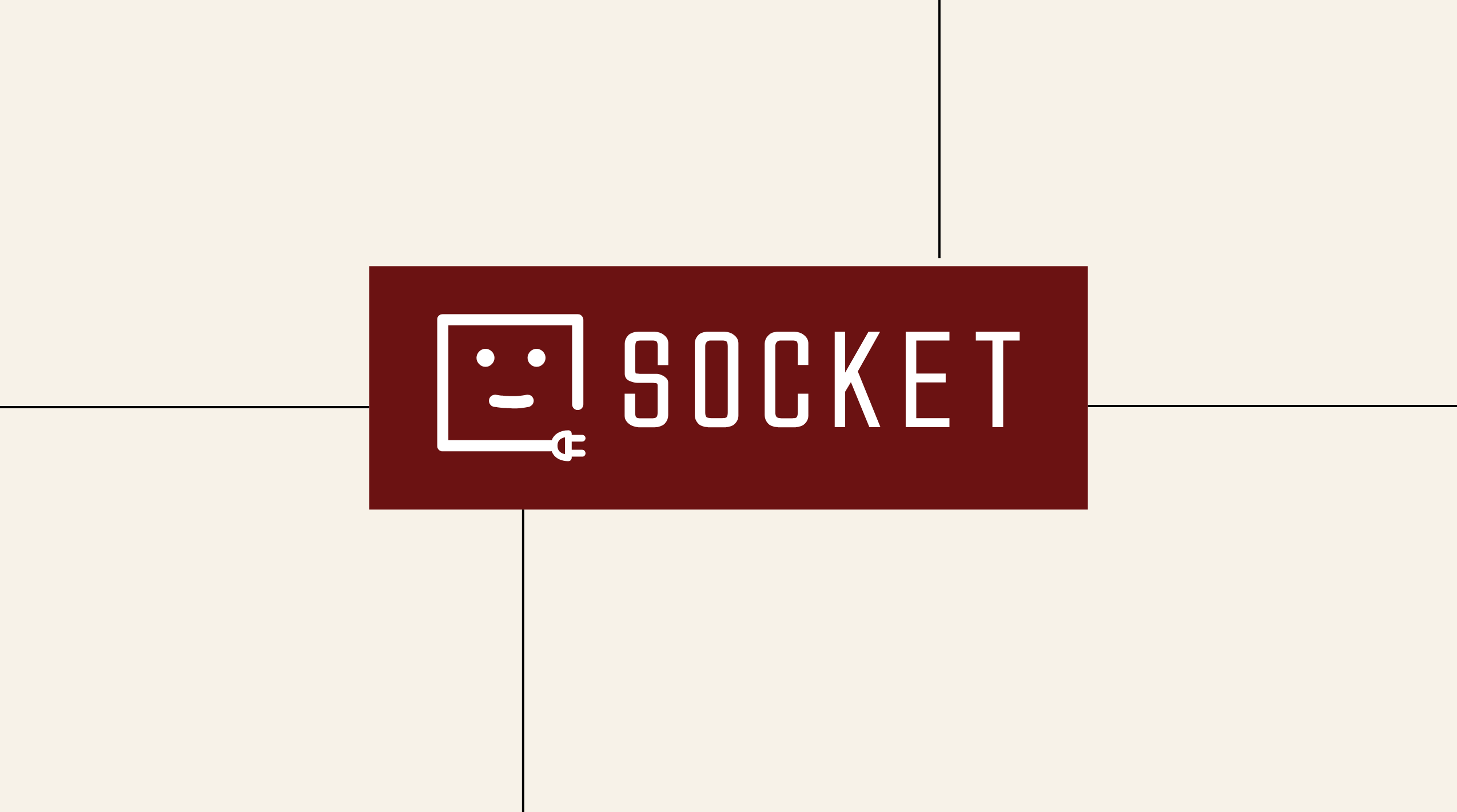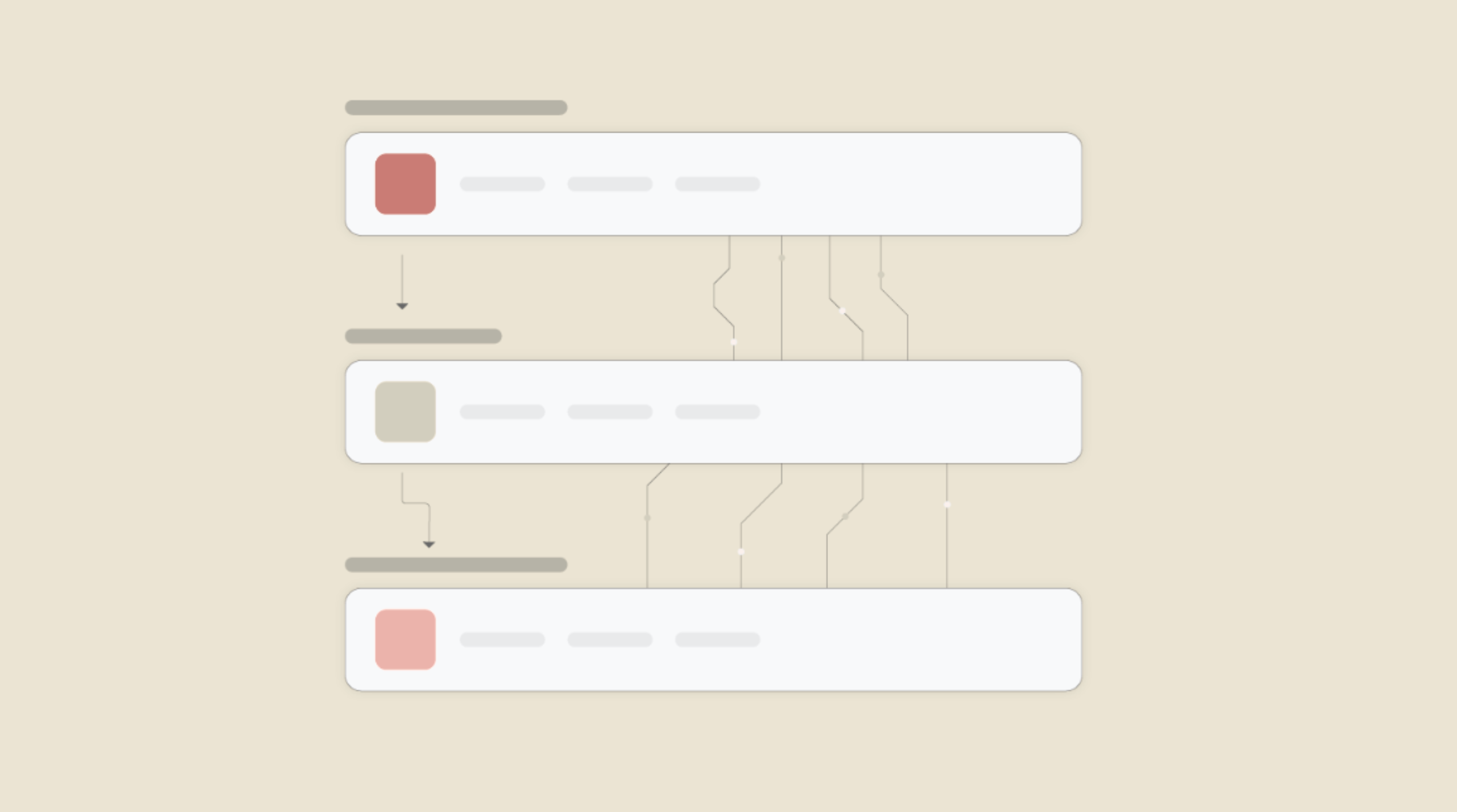Connect Databricks and leadmeup to Build Intelligent Automations
Enable Integrations or automations with these events of Databricks and leadmeup
Enable Integrations or automations with these events of Databricks and leadmeup
Actions
Create Cluster
Creates a new Databricks cluster for processing tasks.
Create a Directory
Create a directory by a path.
Delete a Job
This action deletes a job by ID.
Create a Repo
Creates a repo in the workspace and links it to the remote Git repo specified.
Delete Repo
Delete a Repo
Explore more automations built by businesses and experts
Know More About Databricks and Leadmeup Integrations

How viaSocket Works | A Complete Guide
Gain insights into how viaSocket functions through our detailed guide. Understand its key features and benefits to maximize your experience and efficiency.

5 Simple Automation Hacks to Make Your Team Free
Unlock your team's potential with 5 straightforward automation hacks designed to streamline processes and free up valuable time for more important work.

What is Workflow Automation - Definition, Importance & Benefits | A Complete Guide
Workflow automation is the process of using technology to execute repetitive tasks with minimal human intervention, creating a seamless flow of activities.
Frequently Asked Questions
To start, connect both your Databricks and leadmeup accounts to viaSocket. Once connected, you can set up a workflow where an event in Databricks triggers actions in leadmeup (or vice versa).
Absolutely. You can customize how Databricks data is recorded in leadmeup. This includes choosing which data fields go into which fields of leadmeup, setting up custom formats, and filtering out unwanted information.
The data sync between Databricks and leadmeup typically happens in real-time through instant triggers. And a maximum of 15 minutes in case of a scheduled trigger.
Yes, viaSocket allows you to add custom logic or use built-in filters to modify data according to your needs.
Yes, you can set conditional logic to control the flow of data between Databricks and leadmeup. For instance, you can specify that data should only be sent if certain conditions are met, or you can create if/else statements to manage different outcomes.
About Databricks
Databricks is a cloud-based data platform that provides a collaborative environment for data engineering, data science, and machine learning. It offers a unified analytics platform that simplifies data processing and enables organizations to build and deploy AI models at scale. With its powerful integration capabilities, Databricks allows teams to work together seamlessly, accelerating innovation and driving data-driven decision-making.
Learn MoreAbout leadmeup
Leadmeup is an all-in-one software that helps you automate your acquisition process.
Learn More




